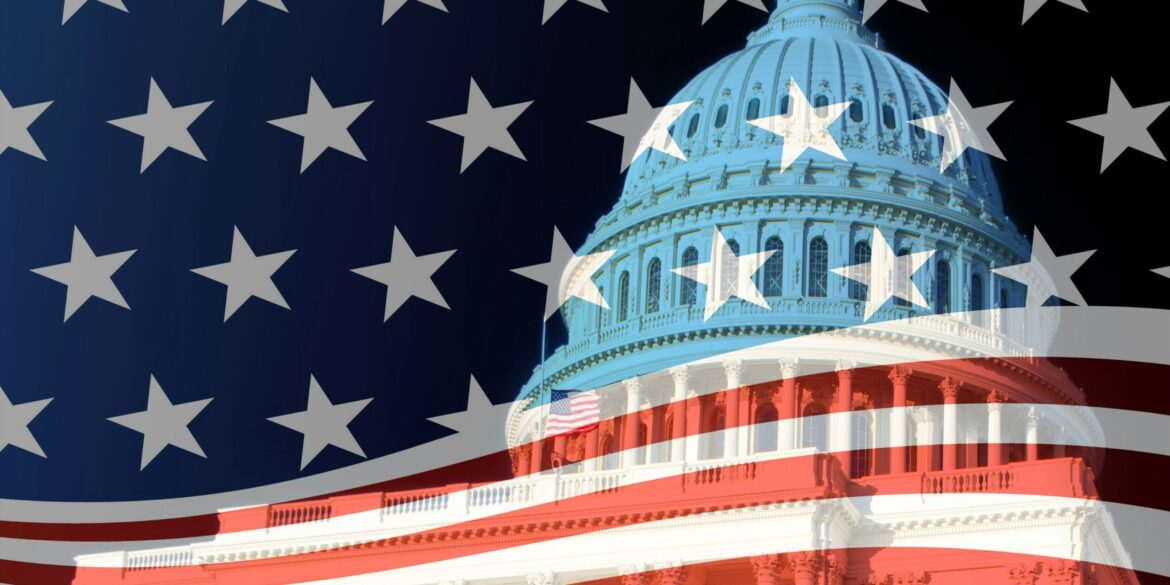Byline: Hannah Russo, Senior Correspondent
Date: May 29, 2025
Location: Washington, D.C.
Introduction
The Trump administration is currently dealing with a complex array of legal challenges, diplomatic tensions, and emerging economic optimism. As of May 29, 2025, a federal court has issued a significant ruling against the administration’s sweeping tariffs on global imports, claiming they exceed the president’s executive powers. Meanwhile, in the diplomatic arena, tensions between the United States and China are escalating, particularly around visa policies for Chinese students and officials. Despite these setbacks, signs of economic recovery are emerging, with inflation rates decreasing and positive stock market reactions.
Legal Setback on Tariffs
A recent ruling from a federal trade court dealt a blow to the Trump administration’s global tariff strategy, which it had dubbed the “Liberation Day” tariffs. The court ruled that the tariffs, intended to punish foreign nations for unfair trade practices, were an overreach of presidential power. According to the decision, such economic measures fall under Congress’s authority rather than the executive branch. The administration, which had implemented the tariffs under the International Emergency Economic Powers Act, has vowed to appeal the decision.
This ruling has sparked a wave of uncertainty regarding the administration’s economic policy, especially since tariffs on foreign goods were seen as a cornerstone of Trump’s trade agenda. The White House remains confident that the decision will be overturned on appeal, but for now, the administration faces a significant legal hurdle.
Diplomatic Tensions with China
On the diplomatic front, the Trump administration is intensifying its efforts to curb Chinese influence in the U.S. academic system. Recently, the administration moved to revoke visas for Chinese students and academics suspected of being connected to the Chinese Communist Party or involved in sensitive research fields. This policy has been widely viewed as part of a broader strategy to counteract what Washington perceives as national security threats posed by Chinese government-linked activities in the United States.
The decision has drawn sharp criticism from Beijing, which has accused Washington of discriminating against Chinese nationals and undermining academic exchange. In the U.S., the move has also sparked concerns within universities, which rely heavily on international students, particularly from China, for both tuition revenue and the global exchange of knowledge.
Furthermore, these visa restrictions add a layer of complexity to already fraught relations between the two countries, especially as tensions rise over issues like trade, technology, and military presence in the Indo-Pacific.
Visa Ban Policy on Foreign Censorship
In addition to its stance on Chinese students, the Trump administration has announced a new visa ban targeting foreign officials accused of censorship activities in the United States. This policy specifically targets individuals engaged in suppressing free speech for Americans on social media platforms. The administration’s aim is to prevent foreign governments from influencing online discourse and curtailing the freedom of expression that is a cornerstone of American democracy.
Critics argue that this could have unintended consequences, potentially straining diplomatic relationships and complicating the ability of the U.S. to engage with foreign governments on matters of national interest. Supporters, however, see it as a necessary step to defend the integrity of American digital spaces and protect citizens from foreign interference in domestic affairs.
Economic Indicators Show Optimism
Despite the political and diplomatic turmoil, the U.S. economy is showing signs of recovery. Inflation, which has been a persistent concern since the global pandemic, has decreased to 2.3%, its lowest level in two years. Experts attribute this to a combination of factors, including the Federal Reserve’s cautious interest rate policies and improved global supply chains.
The stock market has also responded positively. On May 29, U.S. stock futures saw a significant uptick, with the Nasdaq rising by 1.4% and the S&P 500 increasing by 1%. These gains followed news that the federal court had struck down the administration’s tariffs, alleviating some investor fears about an impending trade war. This market optimism, combined with easing inflation, has led many to believe that the U.S. economy may be on a more sustainable growth trajectory.
Stock Market Response
Investor sentiment has been notably buoyed by these positive economic signs. Major tech stocks have led the charge, with companies like Nvidia and Tesla seeing substantial gains. Nvidia’s shares, in particular, surged by 6% following its announcement of record quarterly earnings, despite facing challenges from U.S. export restrictions to China. Meanwhile, Tesla’s stock rose by more than 2% after CEO Elon Musk disclosed plans to step down from his government role to focus on his business ventures.
For many on Wall Street, these market movements are seen as a sign that the economy is regaining momentum, despite the ongoing legal and diplomatic challenges the administration is facing.
Conclusion
As the Trump administration continues to navigate a delicate balance between legal challenges, diplomatic tensions, and economic recovery, the coming weeks will be crucial in determining the future direction of U.S. policy. The administration’s legal setbacks, particularly regarding the tariff issue, will undoubtedly shape the public’s perception of its economic strategy. Meanwhile, the diplomatic strain with China could have lasting implications for global trade and security. However, with signs of economic growth, the U.S. may be well-positioned for a sustained recovery, providing a much-needed counterpoint to the political uncertainty of the past year.


